Learning happens everywhere – not just at school! Here are some tips for supporting your children’s learning.
For tips to help older children and teenagers, check out our page on supporting your teenager’s learning.
Tips for helping children with their homework or learning at home activities
Tip #1: Show an interest
Ask your kids about their day and while some can’t wait to tell you everything they’ve learned, others may not share as much information. It helps if you ask your child an open question so that they can’t reply with a ‘yes’ or ‘no’. Here are some suggested questions. Let them know that they can always talk to you, or to their teacher, if they’re worried about anything at school.
Tip #2: Plan your evenings
It can be helpful to try to structure your evenings to help make the most of your time together. This doesn’t need to be the same every day, and will depend on what other commitments you have, but it’s good to have a rough plan of how your evenings will look throughout the week. You might want to think about:
- who’ll be at home each evening
- who’ll be out at an activity (like Brownies or a sport club)
- when they do their homework
- when you’ll have your dinner each day
- when you’ll spend time playing or relaxing together
- what time everyone will go to bed.
Routines help children feel secure as they get to know what’s happening and what will happen next. Our page on making daily life easier has more tips.
Tip #3: Help them set aside time for homework or learning at home activities
One of the best ways you can help your child with homework or learning at home activities is to sit with them to plan their time. Make sure there’s time set aside, so that they’re not doing it last thing at night. For example, how about giving them some time to relax and play when they get home, and then get them to do their homework or activities before or after tea? Or maybe they’d like to get their homework out of the way first, so that they have the rest of the evening free. Ask them what they’d prefer – although ‘not doing it at all’ isn’t an option!
Tip #4: Make some space
It can help if children have a designated place to do their homework, away from other distractions like the TV. Different children like to work in different ways, so it’s nice to talk this through with them and maybe try out some different places. Remember, they may learn in a different way from you! Some kids may prefer to be in the same room as you, so they can ask questions and discuss their work, whereas others may prefer to be on their own so they can concentrate. Likewise, some may like to listen to music, while others may prefer peace and quiet.
Tip #5: Break up learning with physical activity
If your kids are full of energy and won’t settle to do their homework or learning at home activities, why not put on some music and get them jumping up and down or dancing for 10 minutes? This way they’ll burn off some energy and stay fit!
Tip #6: Offer them a healthy snack
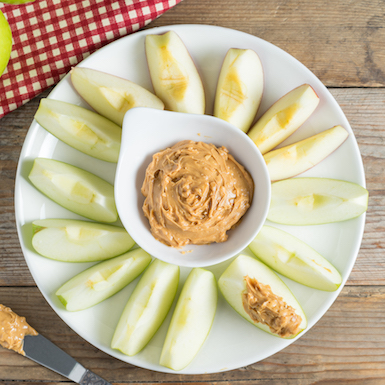
If the kids are tired and don’t feel like doing their homework or learning at home activities, a healthy snack like a piece of fruit or a cereal bar could perk them up and encourage them to get going.
Tip #7: Praise effort
Remember to offer them lots of praise and encouragement when they get on with their school work. Try to focus less on marks and grades and more on how hard they’re trying. So for example if they make a big effort to learn their spellings or work hard at a story or maths problem, let them know that you’ve noticed and are proud of them. You could even offer them small rewards for trying, like stickers or extra time playing, if that helps them focus.
Tip #8: Stay in touch with the school
If you have any concerns about your child’s learning, get in touch with their teacher to talk it through. The aim of homework and learning at home activities is to help children learn, not to upset or overwhelm them.
Tip #9: Don’t forget to play!
It’s really important for both you and your child to have time to enjoy together. Evenings and weekends are a good time to take their minds off school stresses through playing, relaxing and exercising. Play is a really important part of life, particularly at difficult times, and is actually part of Scotland’s school curriculum.
Playing helps children and young people:
- stay emotionally healthy
- stay physically active
- relax and forget about any worries
- learn and make sense of new experiences and changes in their world
- cope with feelings that are difficult or frightening
Play helps children become more creative, learn to solve problems and work out what they think and how to respond. It’s also important for older children and adults too! Our page on helping your child through play has more information about this.
So make sure you give your child enough time and space to play every day. No matter what age your child is, we have lots of play activity ideas that can help develop their skills, have fun and keep you fit and healthy as a family.
Tips for making learning fun
There’s more to learning than going to school and doing homework. There are lots of opportunities for children to learn outside of the classroom. Here are some tips for introducing learning into your daily routines.
Tip #1: Head to the shops

Shopping is a great way for children to learn. From spotting items that start with the same letter, reading labels, adding up and seeing how far their money will go, there are opportunities everywhere. Our pages on shopping with toddlers and children have lots of ideas.
Tip #2: Read together
Even if your kids think they’re too old for bedtime stories, reading together is a great way of spending quiet time together. Books and stories open up new worlds for children, giving you all new things to talk about and discuss. If you don’t know where to start, the Scottish Book Trust has good recommendations on their website.
Tip #3: Great big bake off

Baking and cooking are great ways of getting the kids to do maths and science without realising it! Weighing ingredients, looking at how things change when they’re mixed together. Our page on cooking with the kids and getting kids to help in the kitchen have lots of ideas you can try.
Tip #4: Fun with Lego
Love building blocks? There are loads of great YouTube videos on how playing with building blocks helps you to learn maths and building skills. Trying these could help make homework time more social and fun, rather than a chore.
Tip #5: Learning on the move
Bus and car journeys are another opportunity to helps kids with their numbers and spelling and keep them busy. For example, you could try:
- playing i-spy
- counting all the red cars
- seeing how high they can count before the traffic lights change from red to green
- reading shop signs
- trying to make silly sentences out of the letters on car licence plates.
Tip #6: Family day out
Many museums in Scotland are free to visit and offer a fun day out that will keep the kids happy while they learn more about the world – and they’re warm and dry if the weather’s rubbish too! Lots of museums offer free events for children too – check out the Museum Crush website to find museums and events near you. You might learn something new yourself!
Useful resources
BBC Bitesize
BBC Bitesize has resources for kids of all ages, including a number of educational and entertaining videos that can give you a break. The BBC Newsround page is a good way for kids to keep up to date with the news if they want to find out what’s happening. If you want something more fun but also educational try the CBeebies and CBBC pages.
Maths resources
Helping your kids with maths might be a little daunting at first. Sumdog and Numberblocks are great places to start.
Our page on helping with maths homework has lots of suggestions for ways to make maths fun. You can also check out Parentzone Scotland from Education Scotland for ways to support your child’s numeracy at home.
Reading resources
Again, BBC Bitesize is your friend! The Scottish Book Trust also has a great site.
Our page on helping kids with their spelling homework has lots of suggestions for ways to make spelling fun. You can also check out Parentzone Scotland from Education Scotland for ways to support your child’s literacy at home.
Supporting children with additional support needs
Our page on supporting children with additional support needs has advice on how to help your child with their learning as they return to school. Further information is also available on the Parentzone Scotland page on supporting children with additional support needs and additional support section.
More information
You'll find lots of information on Education Scotland's Parentzone Scotland website to help you support your child's learning.
Being a parent is the best job in the world, but it can also be one of the most stressful. There will be days when it all feels a little too much. To help you manage the challenges ahead, Parent Club has some tips on coping with being a parent and keeping calm with your wee one so you can build a rewarding relationship together.
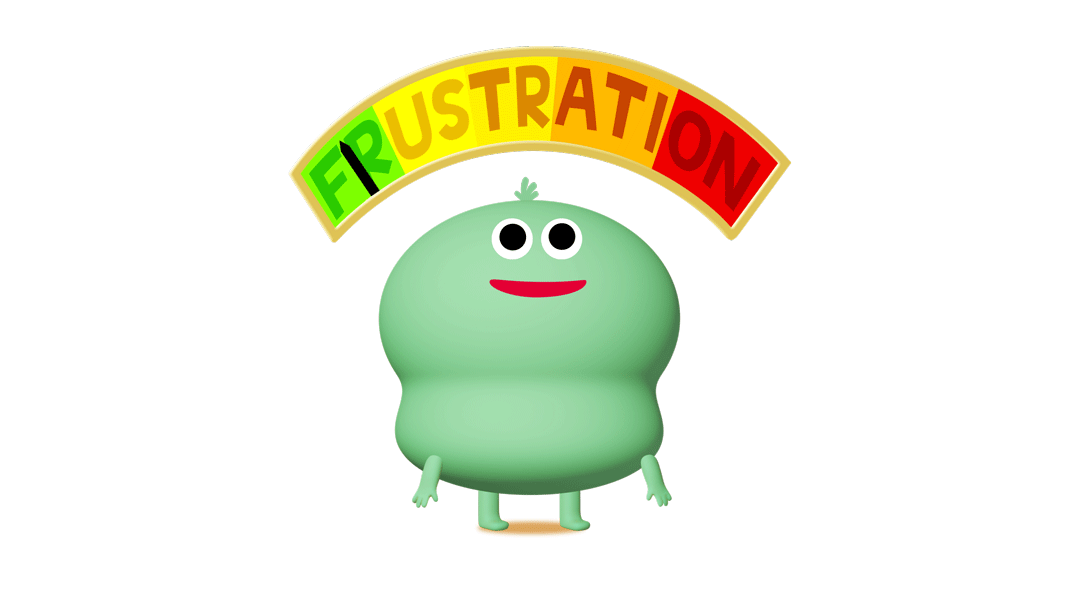
 Activities & Play
Activities & Play Behaviour
Behaviour Childcare
Childcare Development & Growing Up
Development & Growing Up Family, Friends & Relationships
Family, Friends & Relationships Feeding Your Baby
Feeding Your Baby Food & Eating
Food & Eating Health & Safety
Health & Safety Mental Health & Wellbeing
Mental Health & Wellbeing Money & Work
Money & Work Online Behaviour & Safety
Online Behaviour & Safety Pregnancy & First Days
Pregnancy & First Days School & Education
School & Education Sleep
Sleep


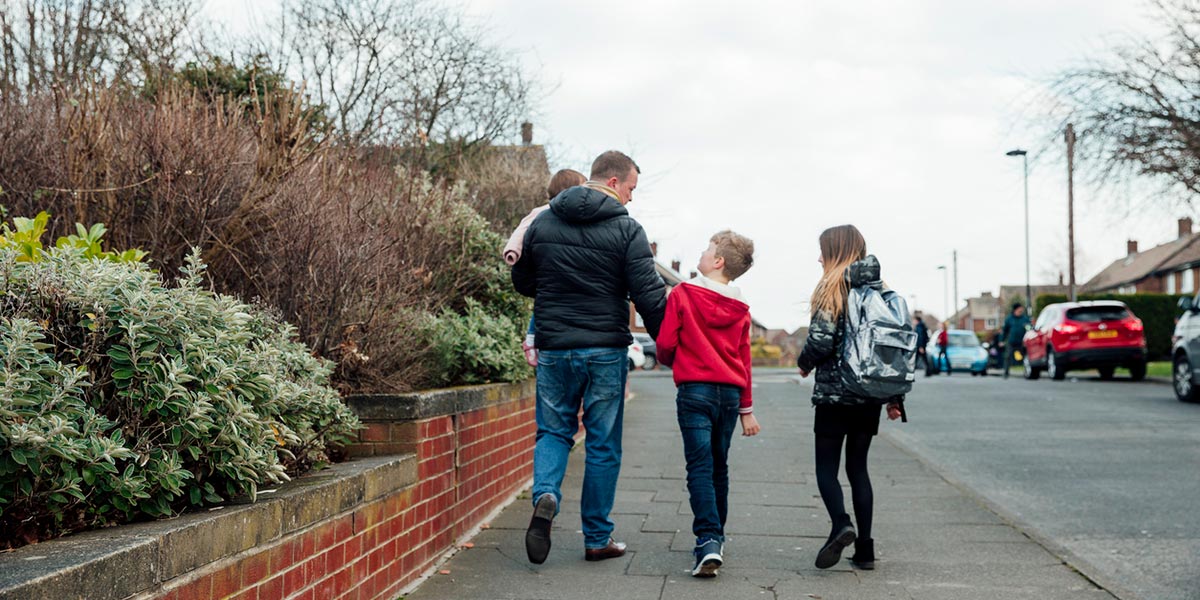
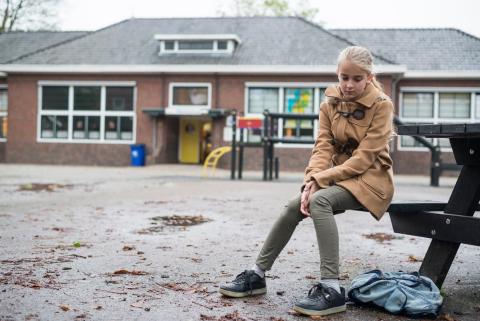
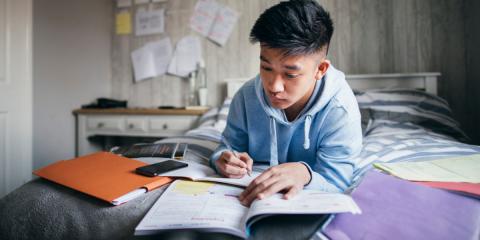

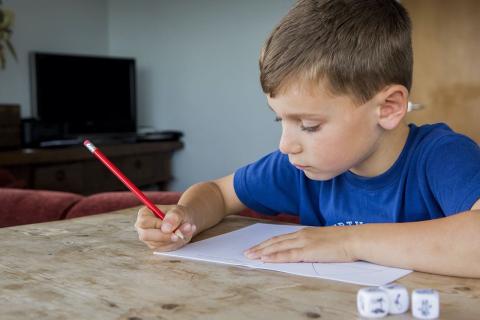
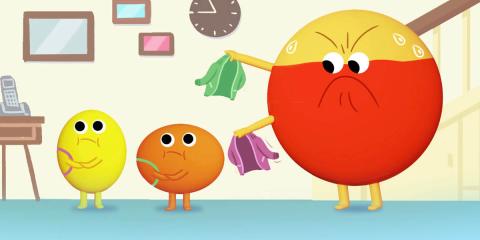
 Online Behaviour & Safety
Online Behaviour & Safety
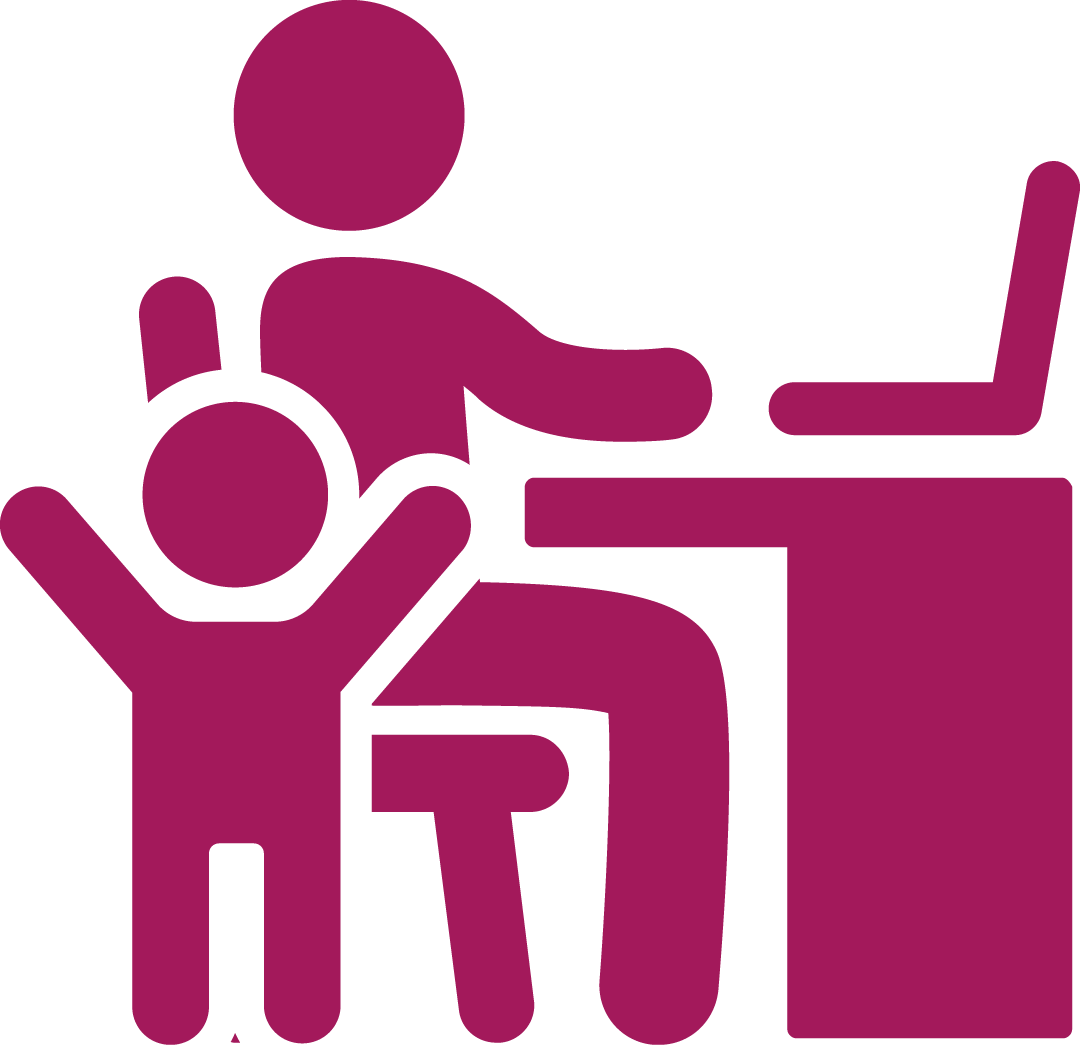 Childcare
Childcare